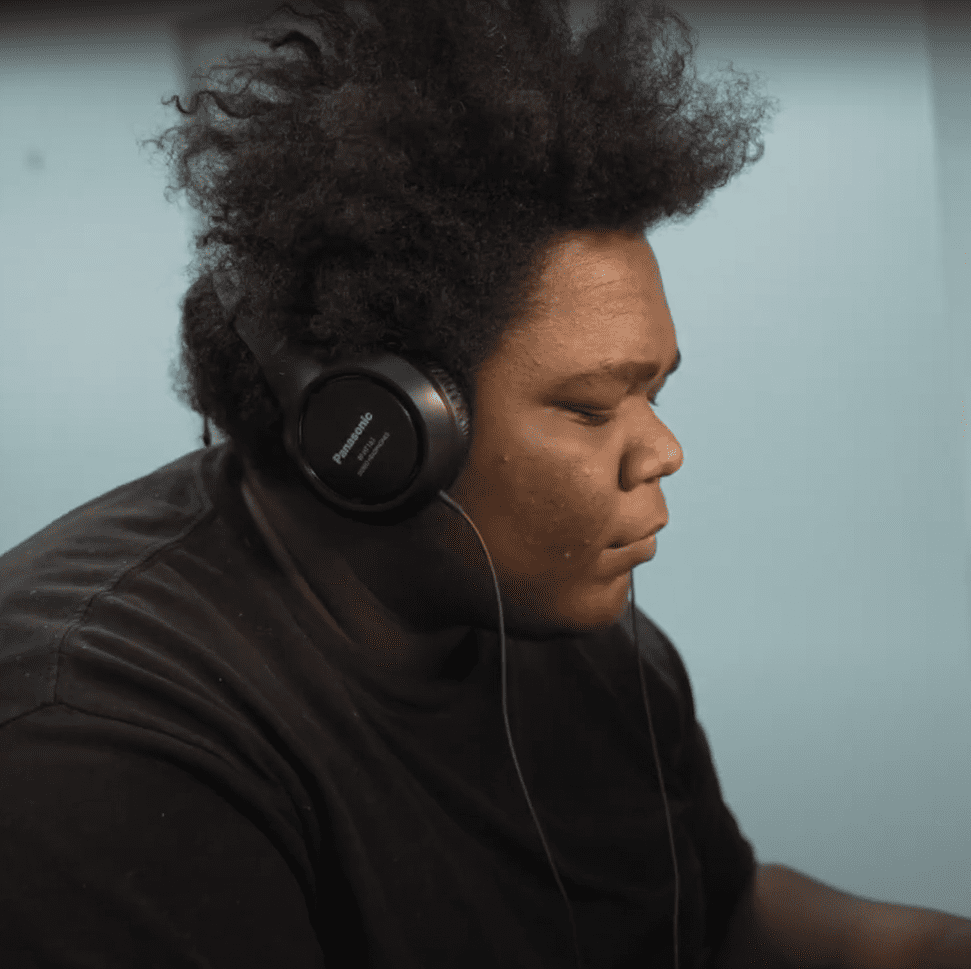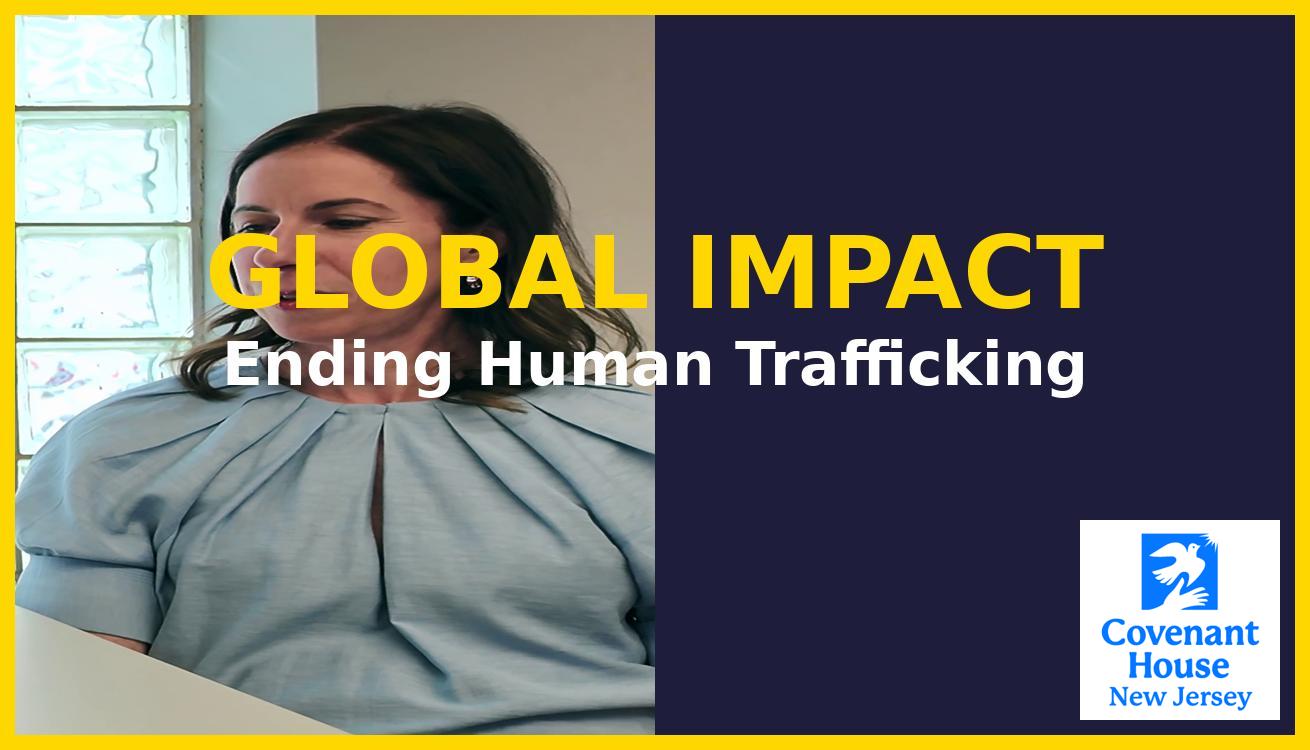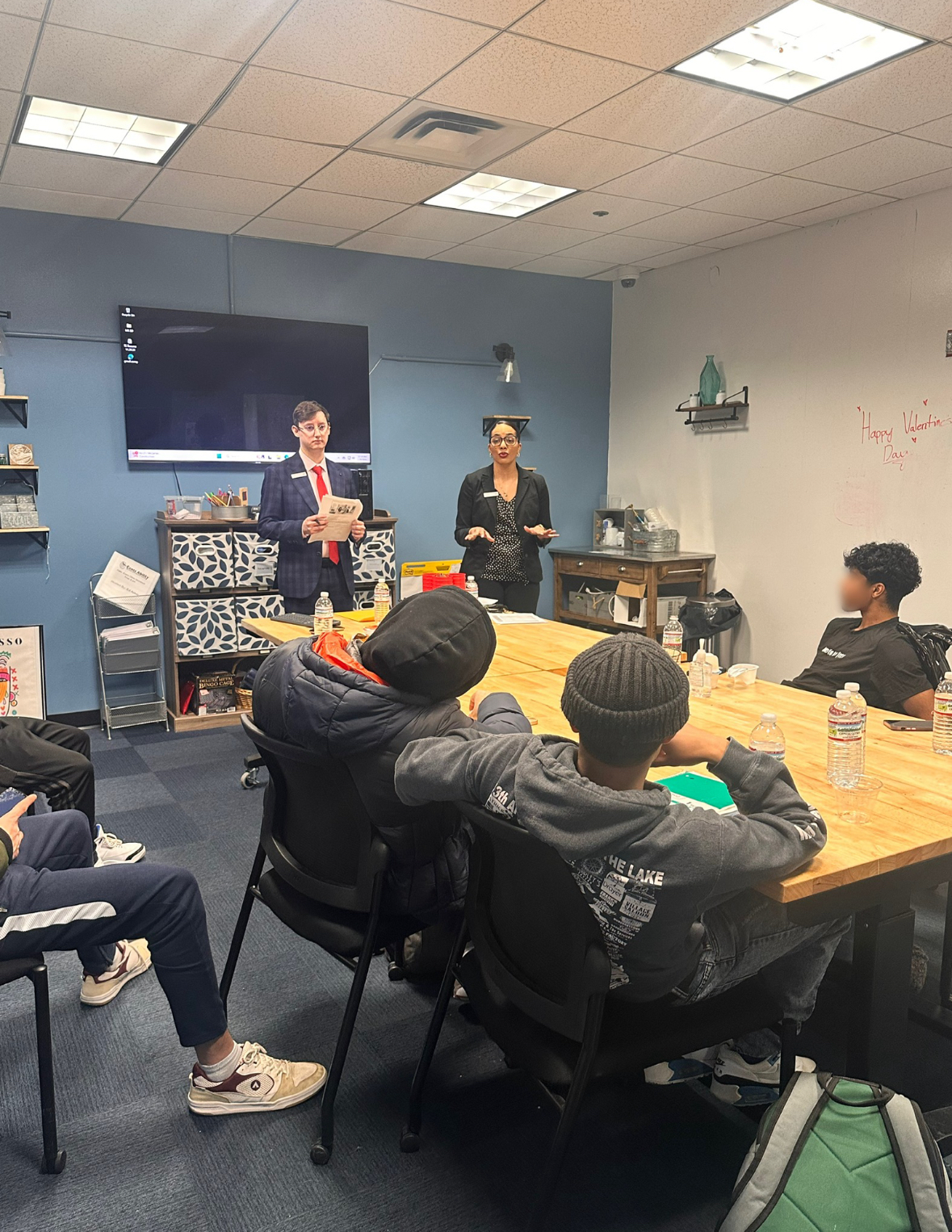Our work is never done at Covenant House New Jersey (CHNJ). Providing a shower, a meal and a bed are an important part of the immediate services we provide youth facing homelessness. But that is just the beginning of our work to help our youth successfully transition out of CHNJ. We also provide an array of supportive services that includes job skills, education, mental and physical wellness, and legal help. We also provide longer term housing support to our youth to help them with the challenges of living independently.
From our own personal experiences, many of us can likely relate to the helping hand 18–21 year-olds need to navigate the transition to independence. Whether it’s applying to college, connecting utility services to an apartment, establishing a banking account or dealing with a difficult landlord, most 18-21 year olds can use a helping hand. And because our youth often come into our care with adverse needs and experiences, that helping hand has often been lacking or totally missing.

Here’s our interview with Shakeerah Riggins, Associate Director of Housing and her team members Stephen, Aquiyla, Luis and Rochelle. They engage with youth who are living independently in apartments throughout NJ. Collectively the team brings roughly 66 years of CHNJ experience in providing support to our youth to help them with the challenges of living independently.

The Interview
Question: When your team starts working with our youth, where are the youth in their journey through CHNJ? Are they likely to be employed?
Our support for our youth’s housing needs depends on their individual circumstances. Some youth may be in the early stages of receiving support, while others might be further along in their transition to independent living. As far as employment, some of the youth are employed when we start helping them during the apartment search phase. Others are still seeking employment, but we do provide employment support for those needing that help.
Question: So they have likely received many services from Covenant House to satisfy their immediate needs. What additional services do they need at this point from the team?
- Case Management: Making sure they understand their housing arrangement and assisting with any issues that may arise. Understanding rent responsibilities, lease agreements, and managing their relationship with the landlord.
- Life Skills Training: Budgeting, paying bills on time, and maintaining their apartment.
- Employment: Offering resume assistance, job training, and/or interview preparation.
- Educational Support: Enrollment in GED programs, vocational training, and/or higher education.
- Community Building: Participating in community activities or groups to build a supportive network.
Question: Why are those services important?
Access to stable housing provides a foundation for individuals to build a better life. Without a secure place to live, it becomes challenging to address other essential needs such as health, education, and employment. Connecting them with the broader community gives them additional resources, such as job training.
Question: How often does the team have contact with the youth? Does it include in-person visits?
We maintain daily contact with each youth in our program, tailored to their individual needs. This contact may take the form of texts, phone calls, in-person visits, or virtual meetings.
Question: Affordable housing is an issue across the country and certainly here in NJ. How does that impact our youth and your work with them?
We make sure each young person understands that when searching for housing, it’s important to consider that they will eventually need to cover the full rent without any assistance. (Initially, on behalf of our youth, CHNJ obtains vouchers to subsidize rental costs.) We emphasize the importance of finding affordable places that include the costs of heat and hot water. The team also actively seeks out new housing opportunities and shares them with the youth to encourage them to apply. We also help our young people find roommates or move back in with family.
Question: Can you give us an example of a housing challenge for one of our youth that required the intervention of the team?
One of our youths received an eviction notice because of a paperwork issue where some dates didn’t align. Two outside entities couldn’t reach an agreement, which left the youth in a difficult situation. Fortunately, with the support of our staff attorney and housing department, we were able to prevent the eviction from appearing on his record and secured a new housing voucher for him.
Question: Finally, how do you determine when the team’s services are no longer required for a youth? How do you decide our work is done?
We allow the youth to decide when they feel they no longer need our services.














